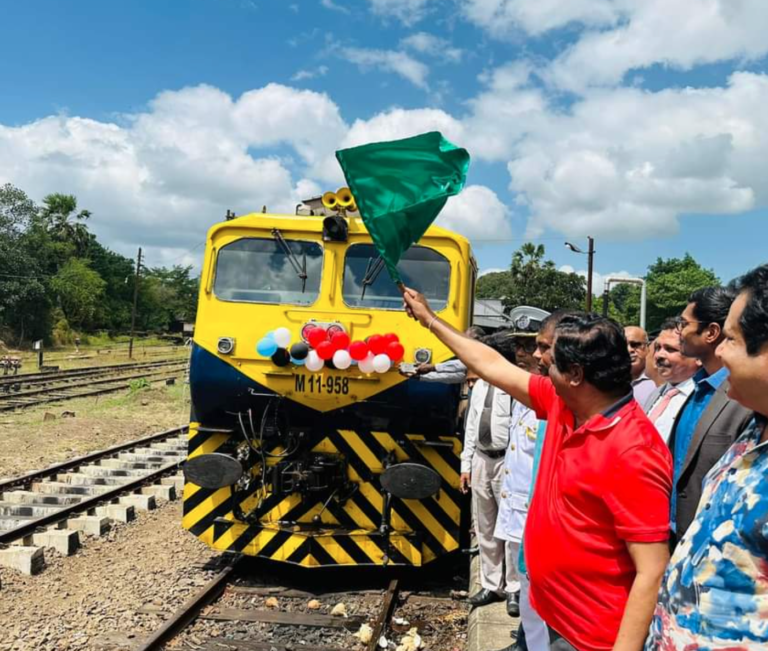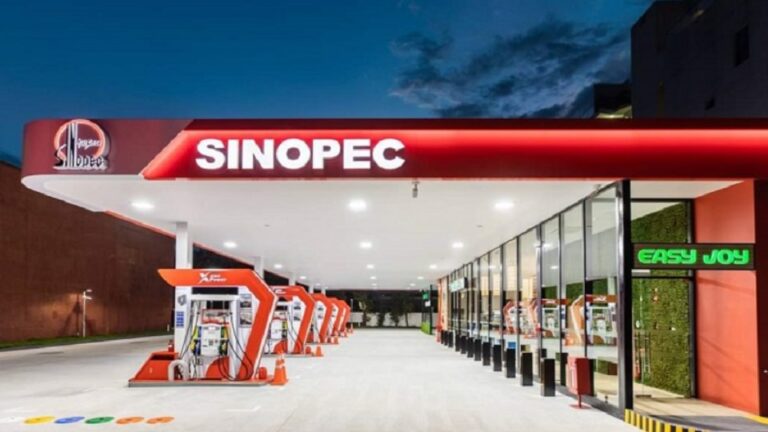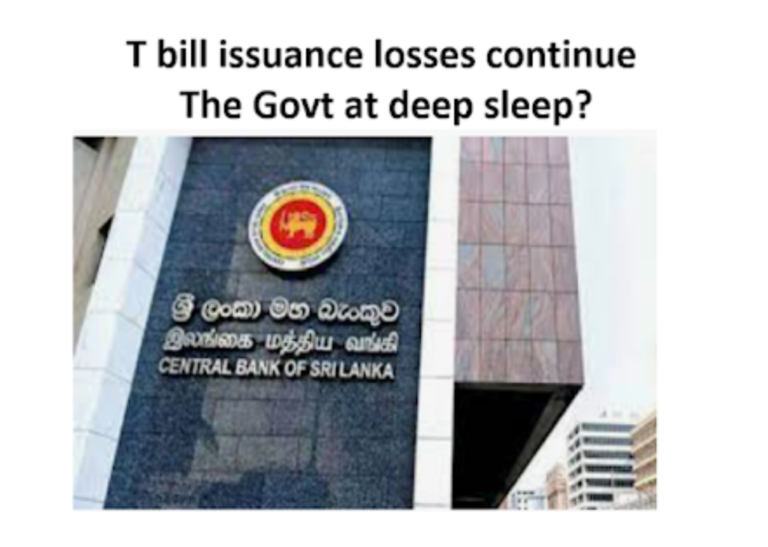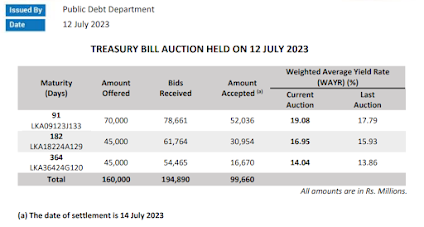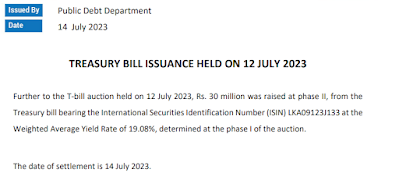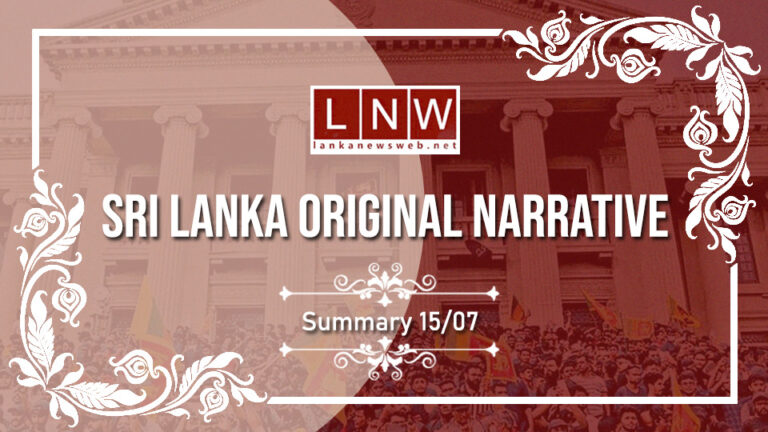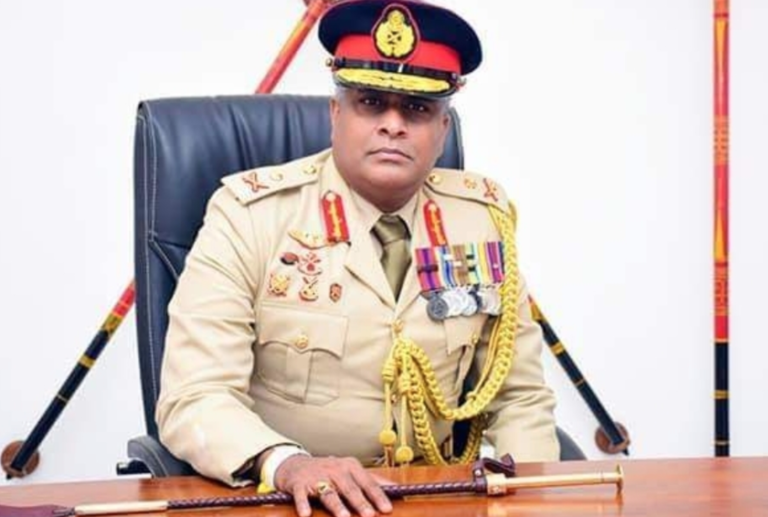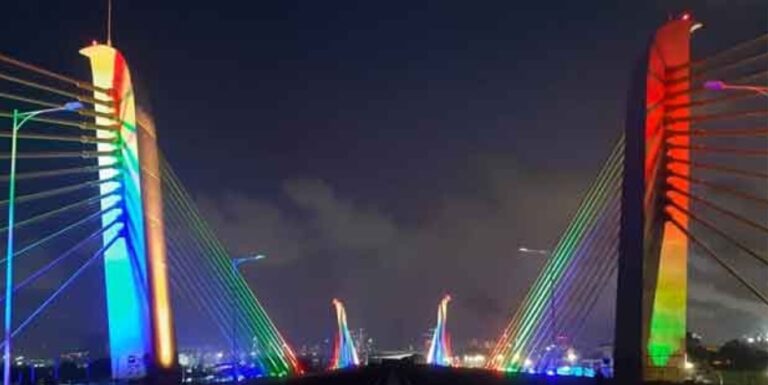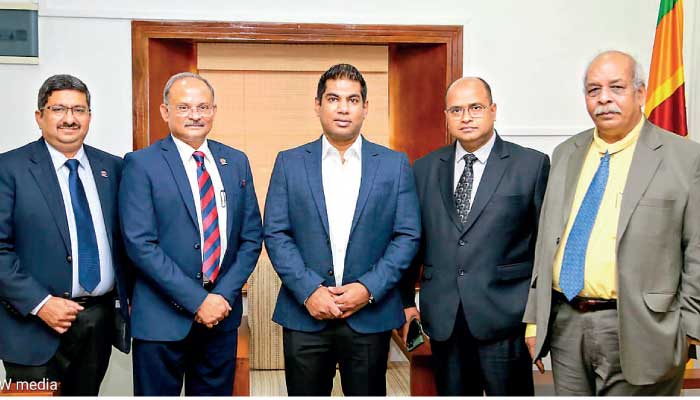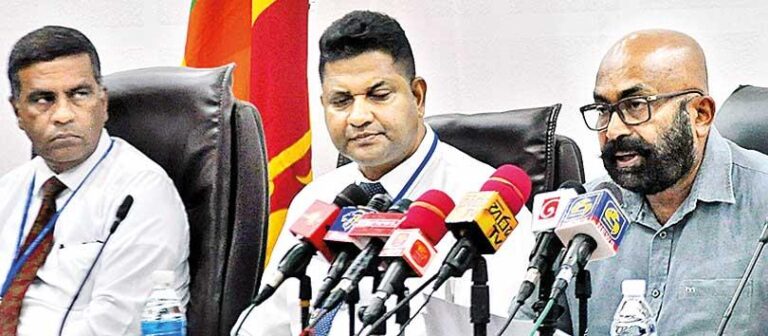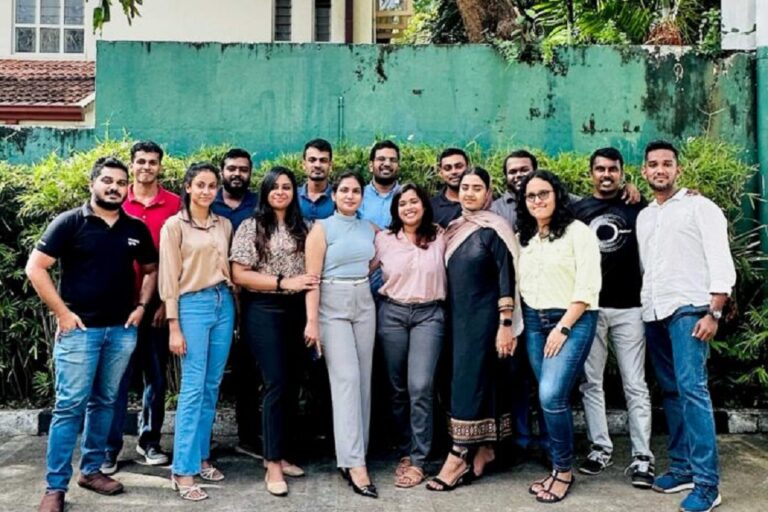The Department of Railways has successfully reopened the Anuradhapura-Omanthai stretch of the Northern Railway Line after six months of construction activities. The restoration of this 62 km railway line, with the assistance of Indian loans totaling Rs. 33 billion, marks a significant milestone for Sri Lanka’s rail infrastructure.
With the completion of the reconstruction work, trains will now be able to operate at a speed of 100 kmph on the Anuradhapura-Omanthai section. This development not only improves travel efficiency but also enhances connectivity and transportation options for the local community.
Furthermore, the Department of Railways has announced the resumption of the Jaffna-Colombo train seat reservation service, providing convenient booking options for passengers.
Deputy General Manager (Traffic) of the Department of Railways, M. J. Indipolage, shared that the Yal Devi train commenced its journey from Mount Lavinia to Sammanthurai at 5.10 am on Saturday. Additionally, the Uththara Devi train is scheduled to depart from Colombo Fort to Kankasanthurai at 11.50 am. The night postal train is also set to embark on its journey from Colombo Fort to Kankasanthurai at 8 pm. Another train will leave Kankasanthurai at 1.40 pm on Saturday.
Arrangements have been made for a postal train to depart from Kankasanthurai at 7 pm as well. Starting from July 16th, train journeys from Kankasanthurai to Colombo Fort will commence at 5.40 am. In total, six train journeys have been scheduled, with three trains departing from Colombo Fort and Mount Lavinia, and three from Kankasanthurai to Colombo.

